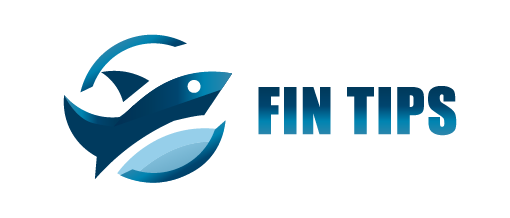Introduction:
Economic uncertainty can be a daunting prospect, but it doesn’t have to mean financial instability. With the right strategies in place, it’s possible to not just survive but thrive financially, even in the toughest of times. In this blog, we’ll delve into the importance of understanding economic uncertainty, budgeting, managing debt, building an emergency fund, and staying flexible with finances. By following these tips, you can navigate through economic uncertainty with confidence and financial security.
Understanding Economic Uncertainty
Economic uncertainty refers to the unpredictable fluctuations in the economy that can impact financial markets, job security, and overall economic growth. These fluctuations can be caused by a variety of factors, including political instability, natural disasters, global pandemics, or changes in government policies. It’s important to understand that economic uncertainty is a normal part of the economic cycle and can be managed with careful planning and smart financial decisions. By staying informed about current economic conditions and trends, you can make more informed decisions about your finances and be better prepared for any economic downturns.
The Importance of Budgeting
Budgeting is an essential tool for financial stability, especially in times of economic uncertainty. A well-planned budget helps you keep track of your income and expenses, identify areas where you can cut costs, and ensure that you are living within your means. It also allows you to allocate funds for savings and investments, which can provide a financial cushion during tough times. Without a budget, it’s easy to overspend and end up in debt, making it even more challenging to weather economic storms.
Tips for Creating a Budget
Creating a budget doesn’t have to be a daunting task. Start by listing all your income sources and expenses, including fixed costs like rent or mortgage payments, and variable expenses like groceries and entertainment. Then, prioritize your expenses, making sure to cover your basic needs first. Look for areas where you can cut back, such as dining out less often or cancelling subscriptions you don’t use. Finally, set realistic financial goals and track your progress regularly to ensure you are sticking to your budget and making adjustments as needed.
Managing Debt in Tough Times
Debt can be a significant burden during economic uncertainty, but it’s not insurmountable. The key is to prioritize your debts and focus on paying off high-interest debts first. Consider consolidating your debts to simplify payments and potentially lower interest rates. If you’re struggling to make payments, don’t be afraid to reach out to your creditors to negotiate more manageable payment plans. Remember, it’s better to address debt proactively than to let it spiral out of control.
Building an Emergency Fund
An emergency fund is an essential safety net that can help you weather financial storms. Aim to save at least three to six months’ worth of living expenses in a separate, easily accessible account. This can provide peace of mind and prevent you from relying on credit cards or loans in case of unexpected expenses, such as medical bills or car repairs. Start small and build your fund over time, even if it means setting aside just a few dollars each week.
Staying Flexible with Finances
Flexibility is key when it comes to managing your finances in economic uncertainty. Be prepared to adjust your budget as your financial situation changes, whether it’s due to a job loss, pay cut, or unexpected expenses. Keep an open mind about finding new ways to save money, such as downsizing your home, taking on a side job, or selling items you no longer need. By staying flexible and adaptable, you can navigate through economic uncertainty with greater ease.
OUTRO:
Thriving financially in economic uncertainty is possible with the right mindset and strategies. By understanding economic fluctuations, creating a budget, managing debt, building an emergency fund, and staying flexible with your finances, you can maintain financial stability even during the toughest times. It’s important to be proactive, stay informed, and make smart financial decisions to ensure your financial well-being no matter what the economy throws your way. Remember, you have the power to take control of your finances and thrive in any economic climate.

